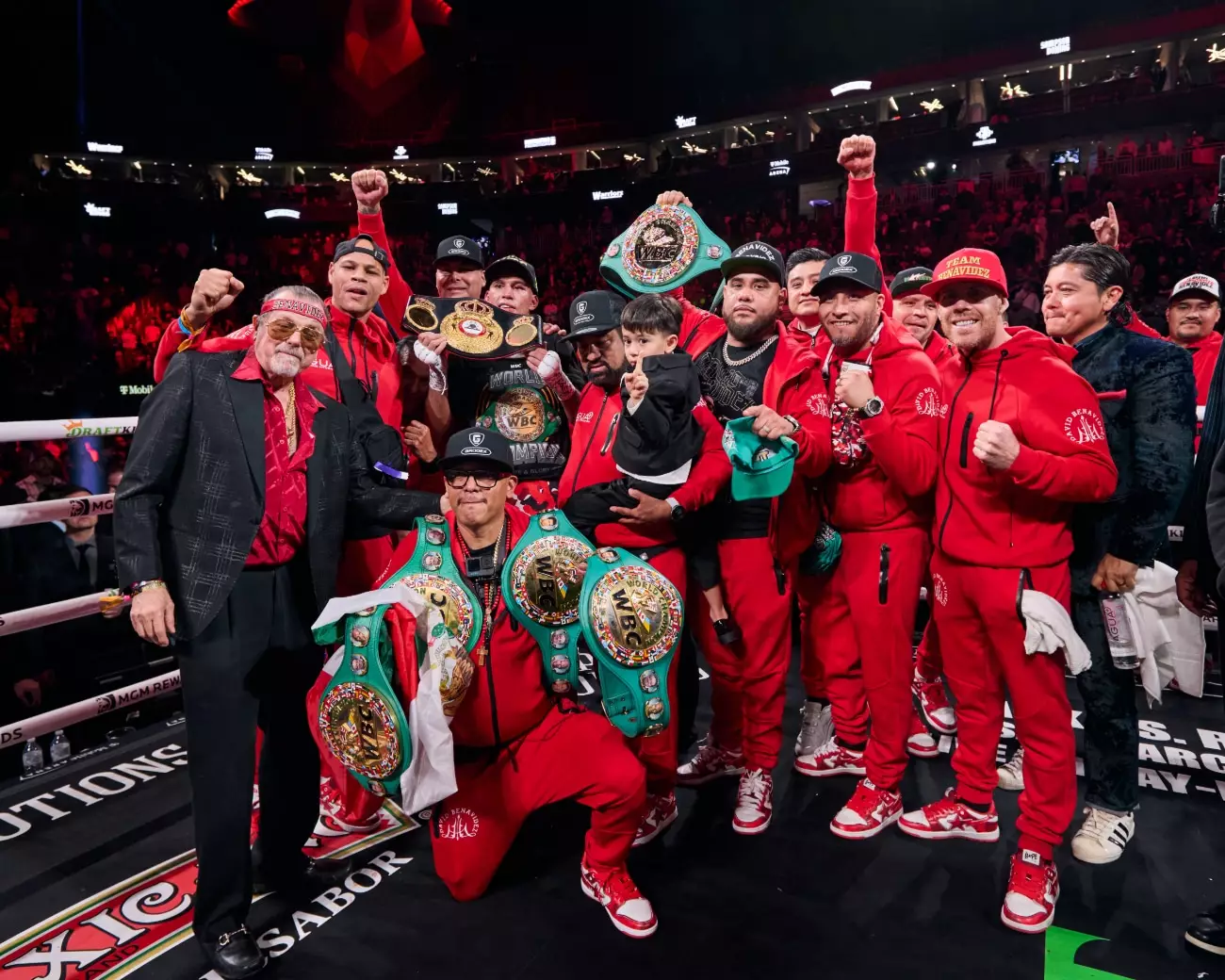David Benavidez, the interim WBC light heavyweight champion, has now set his sights firmly on the outcome of the highly anticipated rematch between Artur Beterbiev and Dmitry Bivol. After a decisive victory against David Morrell at the T-Mobile Arena in Las Vegas, Benavidez expressed strong preferences regarding the location of his next fight. With a record of 30 wins, 24 knockouts, and 0 losses, Benavidez is not just aiming to establish his own legacy but also to cement the popularity of light heavyweight boxing in the U.S.
His unanimous decision win over Morrell, marked by scores of 115-111, 115-111, and 118-108, showcased his resilience and skill, despite the rough patches he encountered during the match. The fight saw Benavidez knocked down in the 11th round, an experience that has prompted reflection on his ability to absorb and deliver punishing blows at this weight class. Ultimately, while the margins of victory were in his favor, the question of power at 175 pounds has entered into the conversation.
In his post-fight press conference, Benavidez candidly articulated his desire for the future showdown against the winner of the Beterbiev-Bivol rematch to take place in Las Vegas rather than Saudi Arabia. He argued that as a fighter with a strong local fan base, staging the fight in Vegas would ensure higher attendance and revenue—both critical factors in today’s boxing landscape. “I feel it would sell more here,” he stated, reinforcing the connection between fighter and locale.
Though his last fight resulted in a sold-out arena, the juxtaposition of a potential venue in Saudi Arabia raises questions about commercial viability and fan engagement. The kingdom has invested significantly in hosting major sporting events, trying to position itself as a leading player in the global sports arena. However, for fighters like Benavidez—whose careers have been closely linked to American boxing culture—this presents a dilemma. Benavidez’s success in Las Vegas must be leveraged not only for immediate gains but also for long-term identity within the sport.
While Benavidez may have been the ‘A-side’ in his recent bout against Morrell, the same status could be overshadowed when faced with the winner of Beterbiev and Bivol. Both of these fighters are seasoned champions with their own fan bases, who equally command respect and attention. Benavidez must be prepared to confront this reality, recognizing that the dynamics of boxing often shift based on marketability and performance. Although he displays enthusiasm for taking on the best, the stakes intensify significantly at this level.
Furthermore, critics might argue that his vulnerability in the ring raises questions about his readiness for top-tier opponents. The brutal nature of his recent fight suggests that while he has tenacity, his power at light heavyweight may not be sufficient against the division’s elite. “I want to take advantage of this market because I’ve worked for 11 years,” he stated, emphasizing his dedication to securing his reputation and financial future in boxing.
As developments unfold regarding the Beterbiev vs. Bivol rematch, all eyes are on how Benavidez navigates the intricate landscape of professional boxing. His aspirations for a high-profile bout in Las Vegas could hold significant influence over both his career trajectory and the light heavyweight division. Whether he can translate his popularity into a title shot remains to be seen, but his conviction is palpable. As discussions heat up, fans and analysts alike will be monitoring any upcoming announcements closely.
David Benavidez’s recent performance and his vision for the future reflect both the potential and the pitfalls of boxing at the highest levels. His preference for fighting in Las Vegas underlines the importance of local support to sustain a fighter’s career, particularly when the stakes are at their highest. Ultimately, his ability to assert himself against the heavyweight champions of today while nurturing his own brand will determine his place in boxing history.

